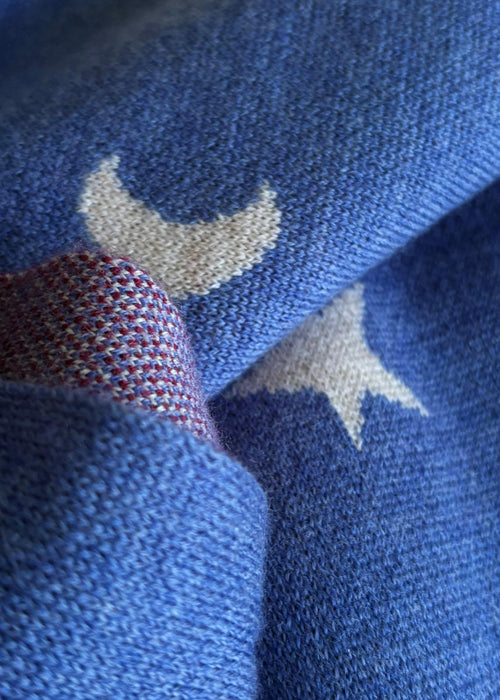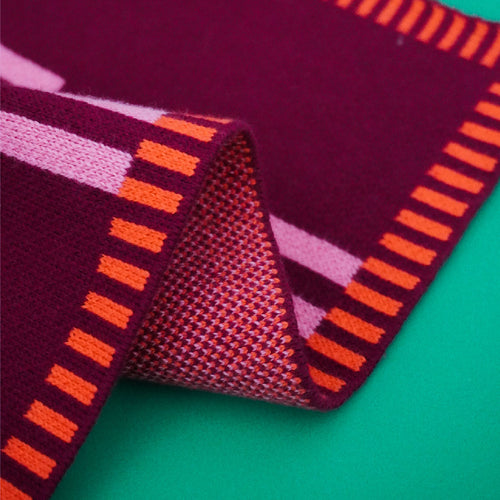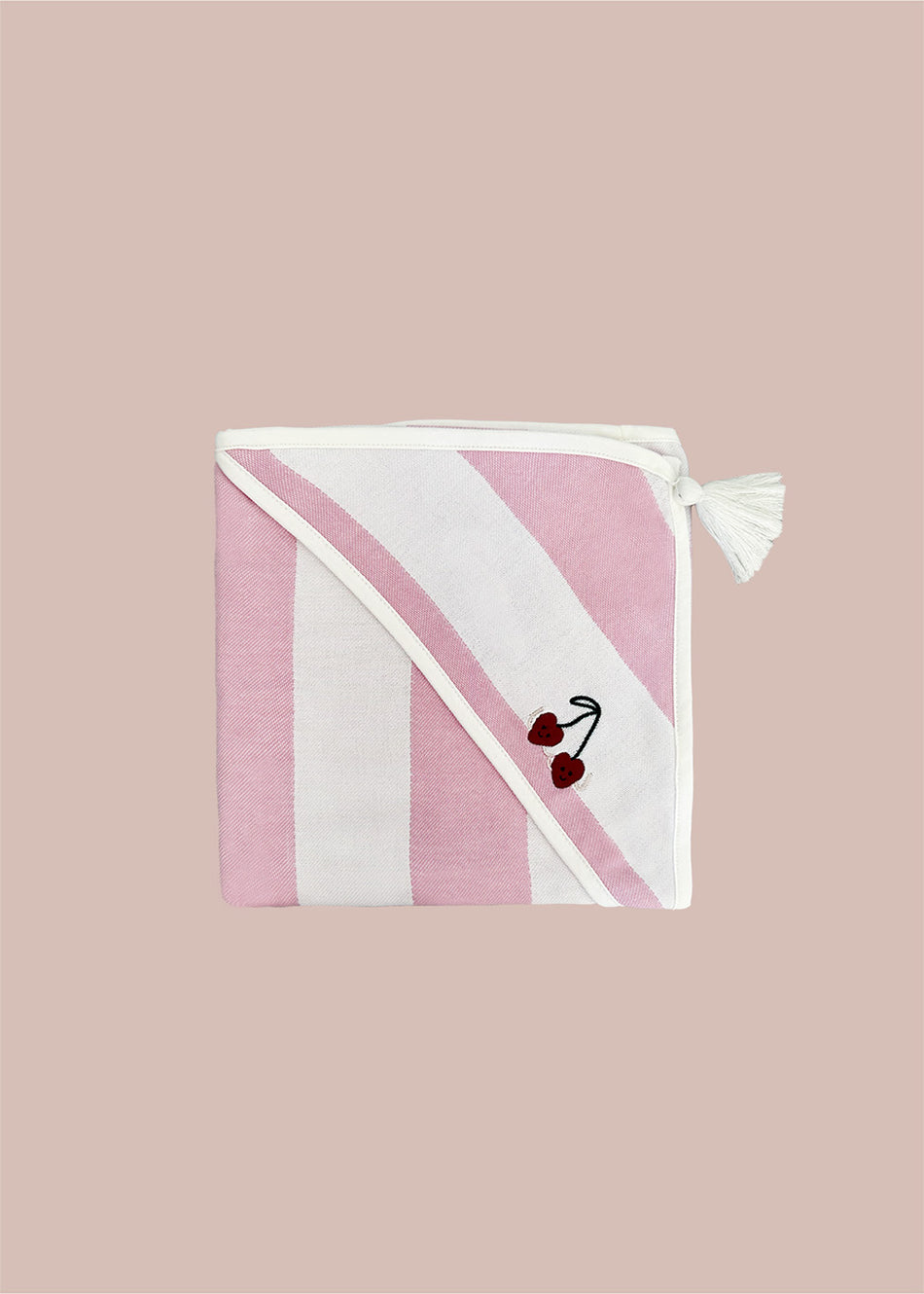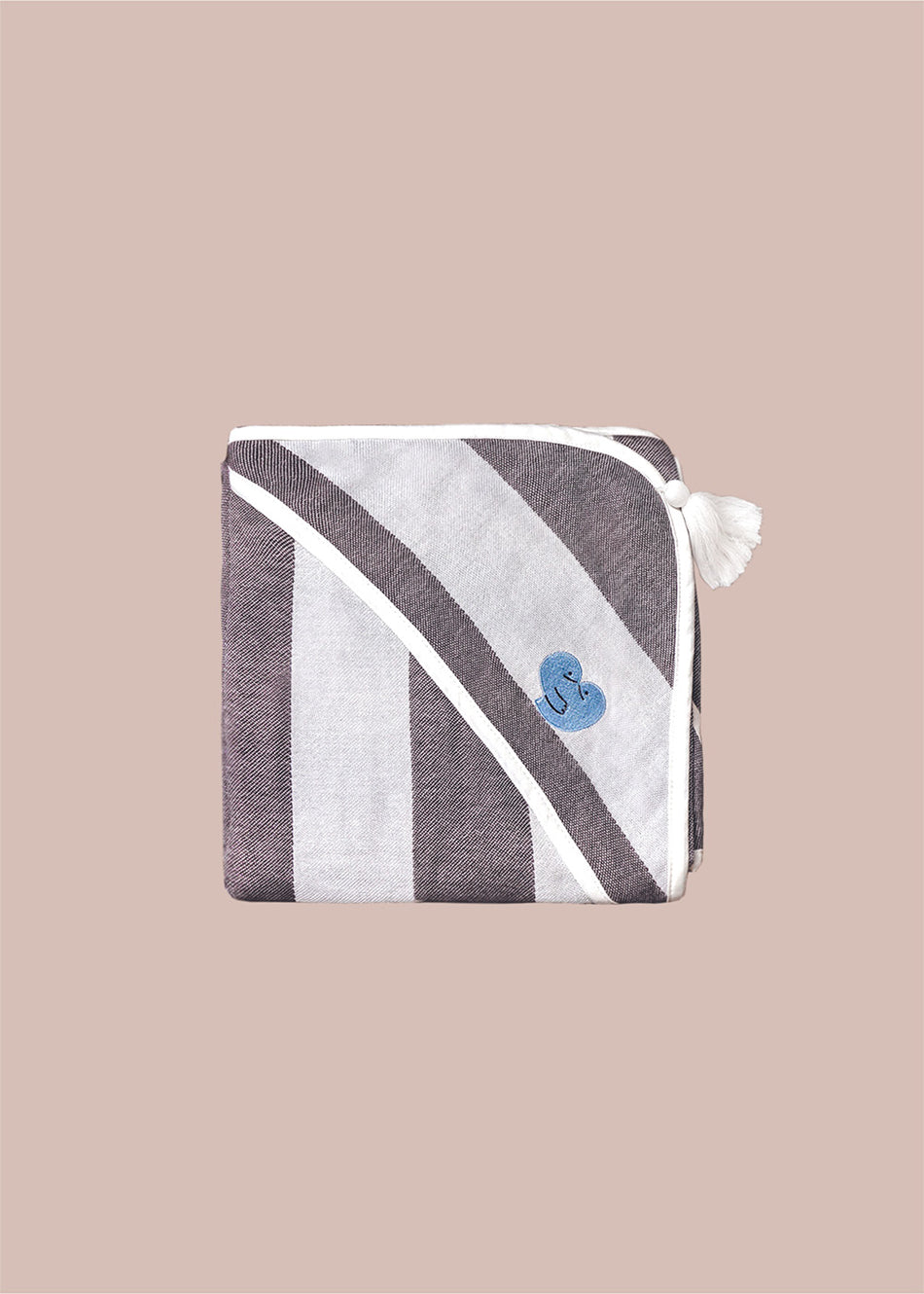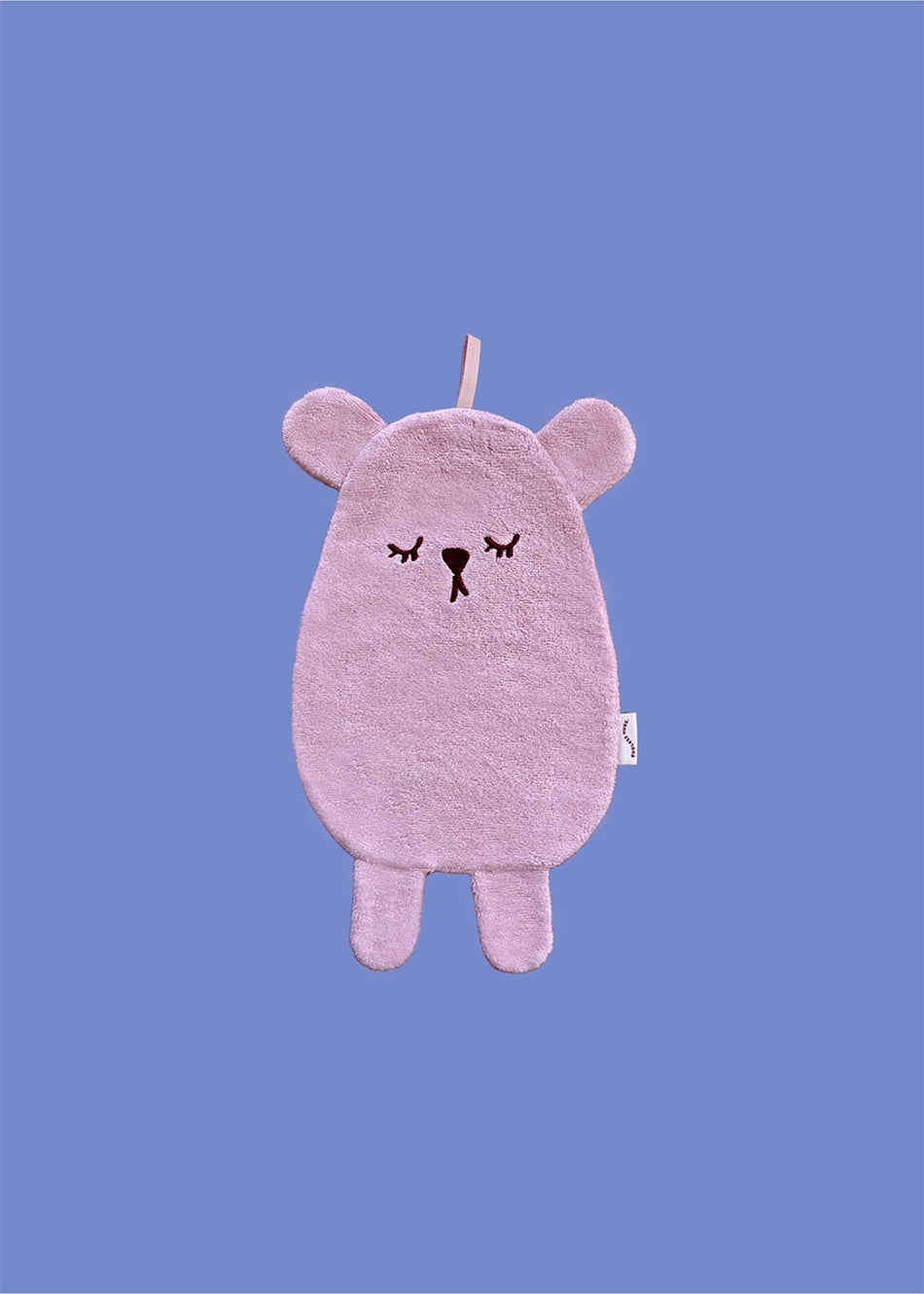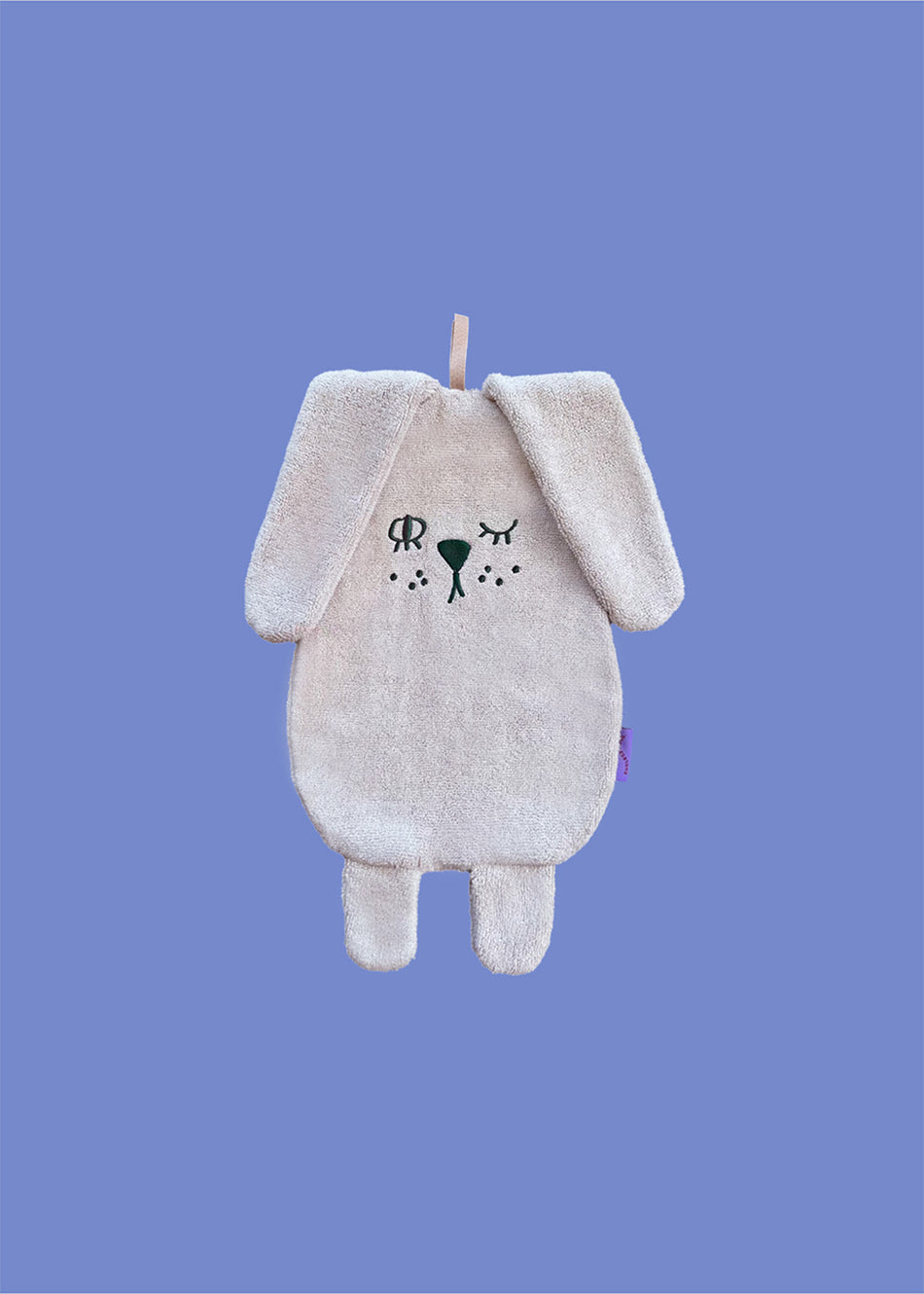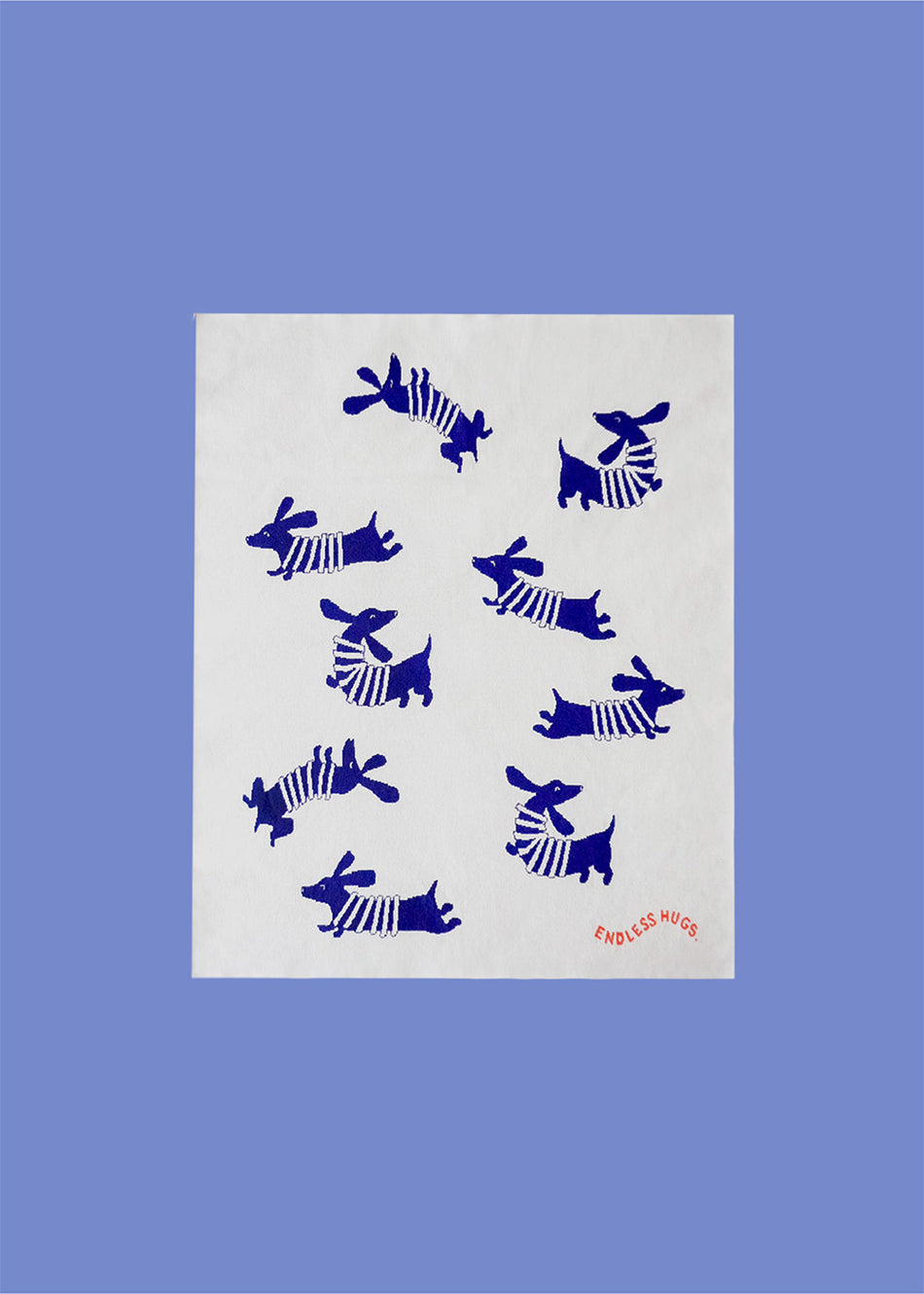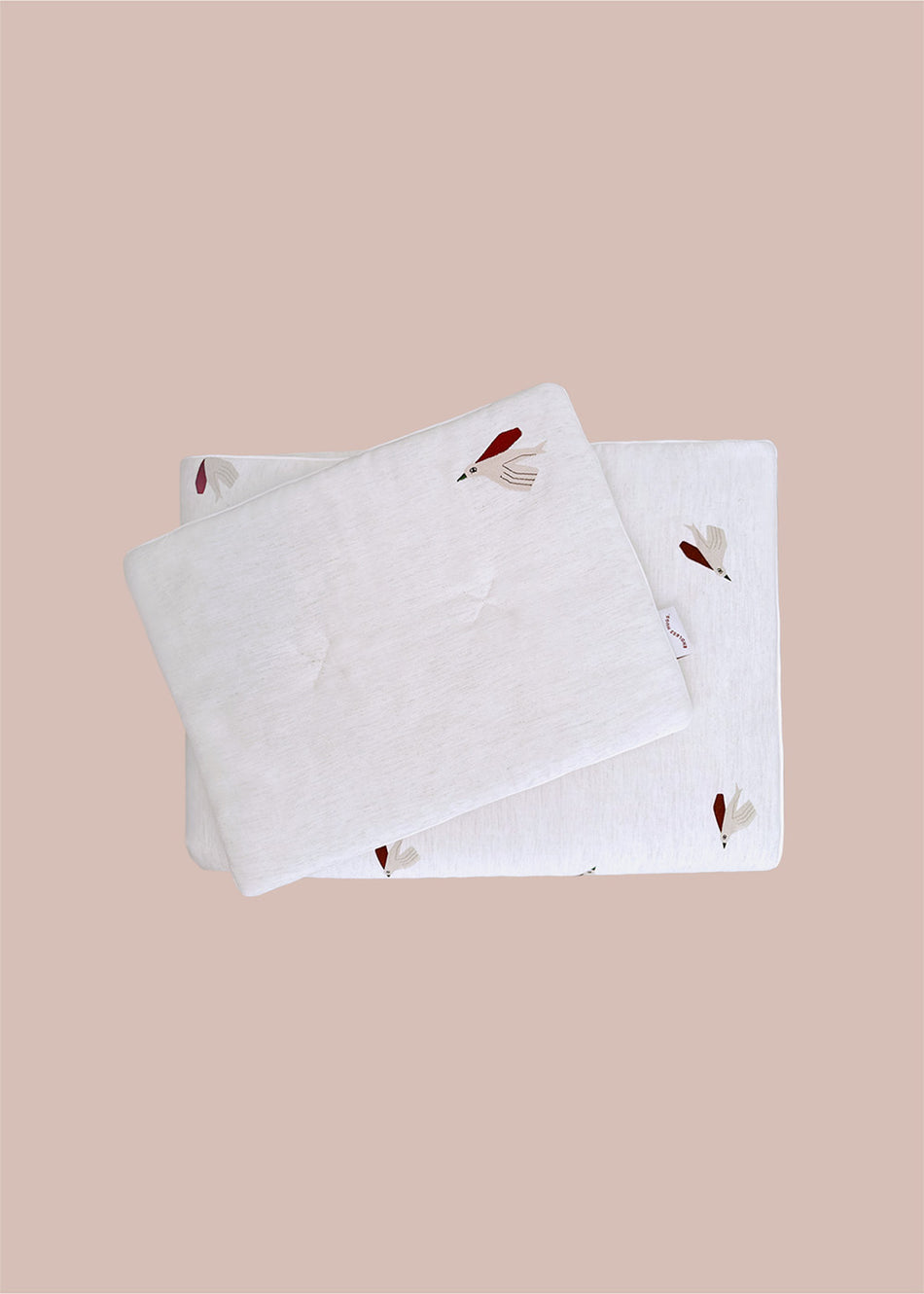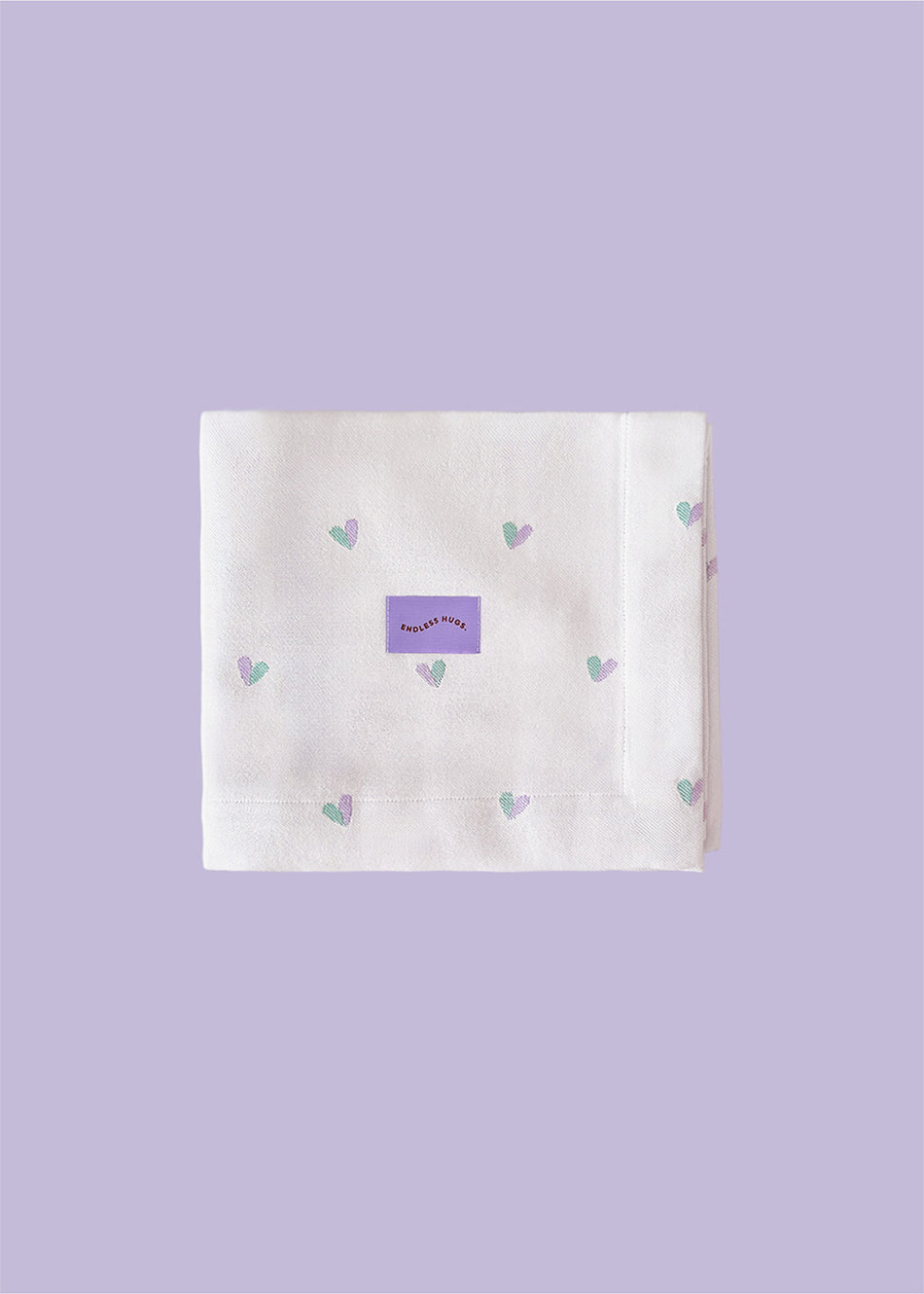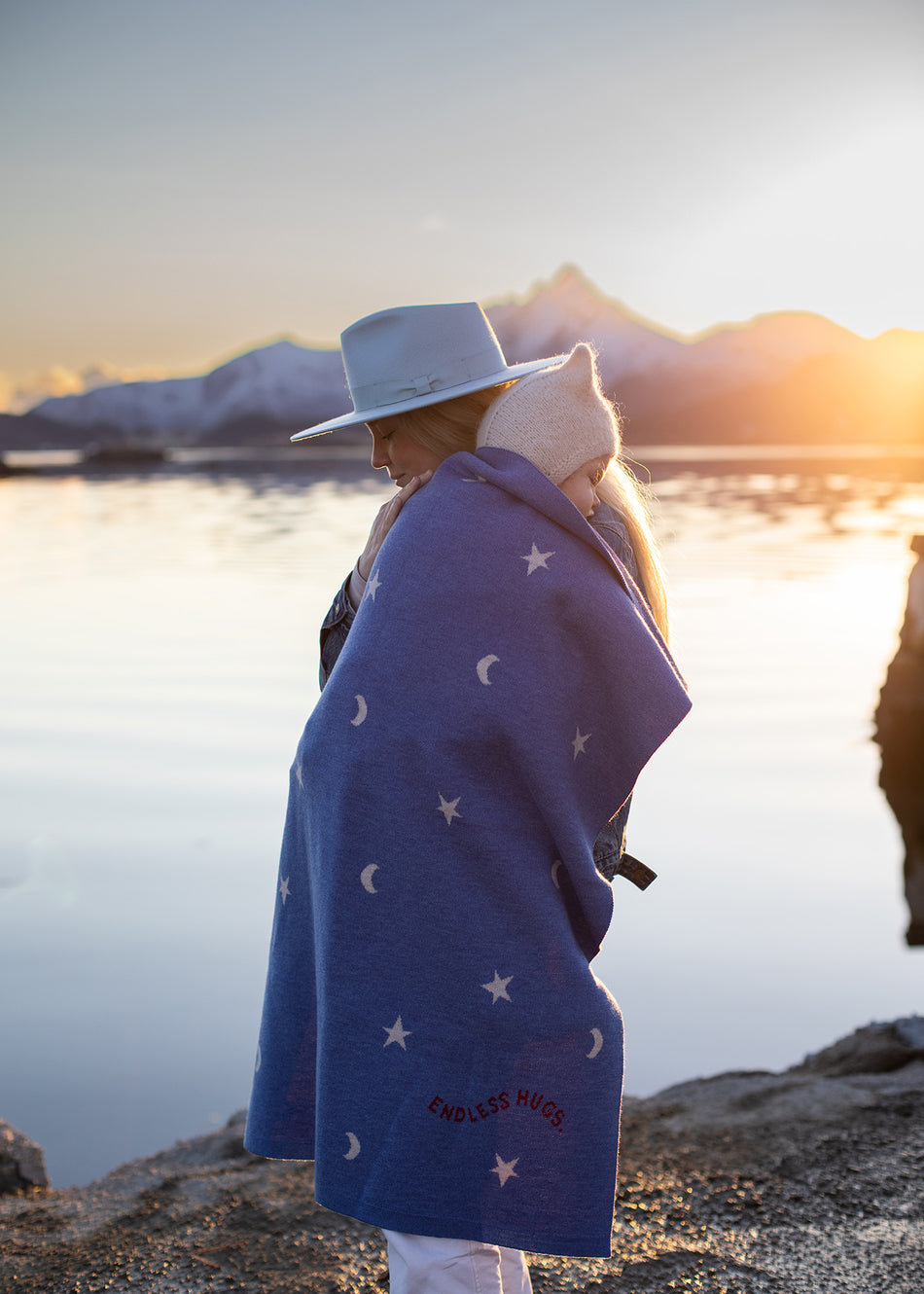How does a bamboo towel support the skin of babies prone to allergies?
For parents of children struggling with skin problems, a bamboo towel can be a true lifesaver. Bamboo fibers are hypoallergenic, making them an ideal choice for babies with sensitive skin prone to irritation and allergies. The natural properties of the material ensure that contact with the towel does not trigger allergic reactions.
Bamboo baby towels are also free of irritating chemicals often found in conventional textile products. The highest-quality materials used in bamboo towel production undergo rigorous testing to ensure safety for even the most sensitive users.
Moreover, the natural thermoregulatory properties of bamboo ensure that the towel maintains an optimal temperature - it is neither too cold nor too hot, which further minimizes the risk of irritation to the baby's skin after bathing.
What is the difference between a bamboo towel and a cotton towel?
When comparing a bamboo towel to a traditional cotton towel, you'll notice several significant differences. First and foremost, bamboo fabric is much softer and more delicate, which is crucial for baby's comfort. While cotton can become rough and stiff over time, bamboo towels retain their softness even after numerous washes.
Bamboo towels are also characterized by superior absorbency. They can absorb up to 60% more moisture than a comparable cotton towel, making them extremely effective at drying wet babies after bath time.
The ecological aspect is also worth mentioning – bamboo is a renewable resource that grows extremely quickly and doesn't require intensive irrigation or pesticides, unlike cotton. By choosing bamboo towels for children, parents can be sure they're making a choice that's both kind to baby's skin and the environment.
What features should an ideal hooded bath towel have?
A bamboo hooded towel is one of the most practical solutions for parents of infants. The hood provides additional protection for the baby's head, which loses heat most quickly. The ideal hooded towel should be large enough to completely envelop the baby without being too heavy or unwieldy.
The material from which a baby bath towel is made should combine softness, absorbency, and durability. This is why bamboo hooded baby towels are so popular among parents – they meet all these criteria while offering the added benefits of bamboo's natural properties.
It's worth paying attention to the towel's finishing – it should be carefully crafted, with safe seams that won't irritate baby's delicate skin. High-quality bamboo towels are characterized by refined details that enhance both their functionality and durability.
How do bamboo fibers affect baby comfort?
The structure of bamboo fibers directly influences the unique properties of towels made from this material. Bamboo microfibers are exceptionally delicate and soft, ensuring pleasant and safe contact with newborn skin. The natural smoothness of these fibers minimizes friction, which is especially important for sensitive baby skin.
Bamboo towels also have excellent thermoregulatory properties – they can adapt to the ambient temperature, providing optimal conditions for baby's skin. On colder days, a bamboo towel provides warmth, while on hot days, it prevents overheating.
Additionally, the natural antibacterial properties of bamboo fiber ensure the towel remains fresh and safe for baby's skin for longer. This is especially important for products that come into direct contact with children's delicate skin.
How to properly care for bamboo towels for children?
Although bamboo towels are durable and resistant to damage, proper care will preserve their unique properties for longer. It's best to wash bamboo towels at temperatures up to 40°C, using gentle, natural detergents. It's best to avoid bleach and fabric softeners, which can damage the natural fiber structure and reduce the material's absorbency.
Bamboo towels should be dried naturally, away from direct heat. Although bamboo towels take slightly longer to dry than cotton towels, they retain their softness and elasticity. Tumble drying is not recommended, as it can negatively impact the fiber structure.
Regularly washed and properly stored, bamboo baby towels will last a long time, retaining their unique properties and ensuring comfort for little ones during daily baths.
Is bamboo an eco-friendly choice for conscious parents?
In a time of growing environmental awareness, bamboo stands out as an exceptionally sustainable resource. This plant grows exceptionally quickly—some species can grow up to a meter per day—and doesn't require intensive irrigation or pesticides, making it significantly more environmentally friendly than traditional cotton cultivation.
By choosing a bamboo towel for their baby, parents are making a choice that benefits not only their baby's delicate skin but also the planet. Bamboo products are biodegradable, meaning they won't end up in landfills for decades at the end of their lifespan.
It's worth remembering, however, that not all bamboo products are equally eco-friendly. When purchasing bamboo towels for children, it's worth looking for certificates confirming eco-friendly production methods and the absence of harmful substances in the finished product.
Why is a bamboo towel a must-have in a baby layette?
A bamboo towel combines all the features of an ideal baby towel – it's incredibly soft, absorbent, hypoallergenic, and antibacterial. Its natural properties make it perfect for daily care of even the most sensitive newborn skin.
By choosing bamboo towels for babies, parents are investing in a high-quality product that will last a long time while retaining its unique properties. It's also a choice that adheres to the principles of sustainable development, which is becoming increasingly important for conscious consumers.
Daily bathing is an important part of building a bond between parents and children. A soft, pleasant-to-touch bamboo towel makes this moment even more enjoyable for both baby and caregivers. Endless Hugs understands the needs of the youngest users, offering products that combine comfort, safety, and environmental friendliness.

